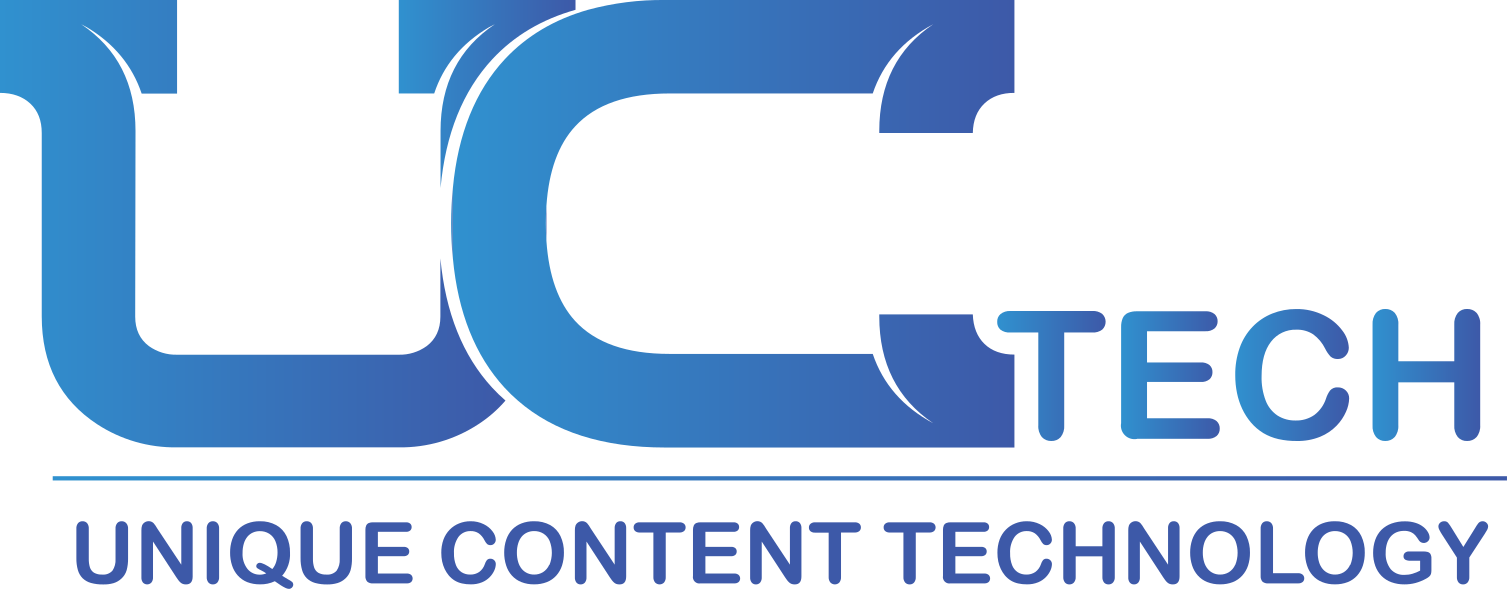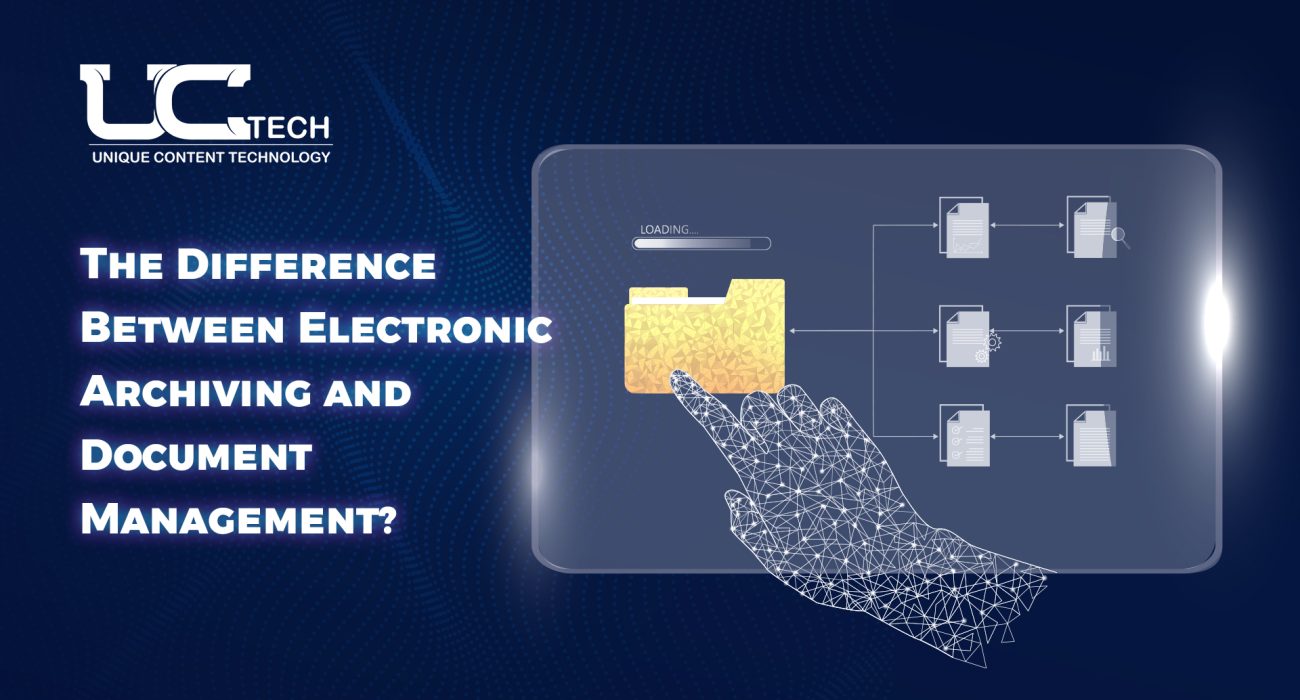In today’s Saudi business landscape, where digital transformation is reshaping how organizations operate, documents and data have become the backbone of every process.
But here’s the real question many companies still ask: what’s the difference between archiving and managing documents? And is archiving alone enough?
Many organizations in Saudi Arabia still mix the two concepts, even though understanding the difference can determine whether a digital transformation succeeds or fails.
What Is Electronic Archiving?
Electronic archiving is the first step toward digital transformation, it’s all about converting paper files into digital copies for secure storage and easy retrieval.
At this stage, companies focus mainly on digitizing documents through scanners and cloud storage systems.
However, while archiving improves accessibility, it doesn’t guarantee control over how documents are managed, shared, or secured.
For example, an archive might store thousands of invoices and contracts, but it won’t manage user permissions, version control, or compliance tracking like a true document management system does.
What Is Document Management and Why Is It More Advanced?
Document management goes beyond simple storage, it’s about controlling the entire document lifecycle from creation and review to sharing, approval, and final archiving or deletion.
Modern systems like MSTND give Saudi organizations total control over access, actions, and traceability through detailed audit trails and advanced security mechanisms.
Key Differences Between Archiving and Document Management
| Aspect | Electronic Archiving | Document Management |
|---|---|---|
| Purpose | Store and preserve documents | Manage the full document lifecycle |
| Function | Convert physical files to digital copies | Organize access, collaboration, versioning, and security |
| Security | Basic storage protection | Advanced encryption and access control |
| Integration | Usually standalone | Integrates with ERP, CRM, and workflow systems |
| Business Value | Data preservation | Operational efficiency and compliance |
The difference between archiving and managing documents isn’t just technical, it’s strategic.
It defines how efficiently your organization handles data, security, and collaboration.
Why “MSTND” Excels in Document Management Across Saudi Arabia?
MSTND, developed by UCTech, is not just another software, it’s a comprehensive document management platform built for Saudi businesses embracing digital transformation.
Here’s what sets it apart:
- Advanced data encryption to protect sensitive files from unauthorized access.
- Granular user permissions to control who can view, edit, or share documents.
- Full compliance with Saudi cybersecurity and digital governance regulations.
- Seamless integrations with existing ERP and government systems.
- Local cloud hosting, ensuring data stays securely within Saudi Arabia.
With these features, MSTND stands out as a complete document management ecosystem rather than a simple archiving tool.
How MSTND Supports Saudi Companies in Digital Transformation?
- Boosts employee efficiency: instant access to documents anytime, anywhere.
- Ensures legal and regulatory compliance: every action is recorded and traceable.
- Reduces operational costs: saves time and effort spent searching for files.
- Improves collaboration: an intuitive interface designed for team productivity.
In short, document management with MSTND isn’t just a tech upgrade, it’s a foundation for smarter, faster, and more secure operations.
When to Use Archiving vs. Document Management
- Choose archiving if you only need to store old records for reference.
- Choose document management if you want to optimize workflows, security, and collaboration and ensure compliance with national standards.
Conclusion
Transitioning from electronic archiving to full document management isn’t optional, it’s essential for ensuring security, compliance, and efficiency in today’s Saudi digital ecosystem.
With MSTND, your organization gains a trusted, intelligent system built to match national standards and business ambitions.
Talk to our experts and take your organization’s document management to the next level.

